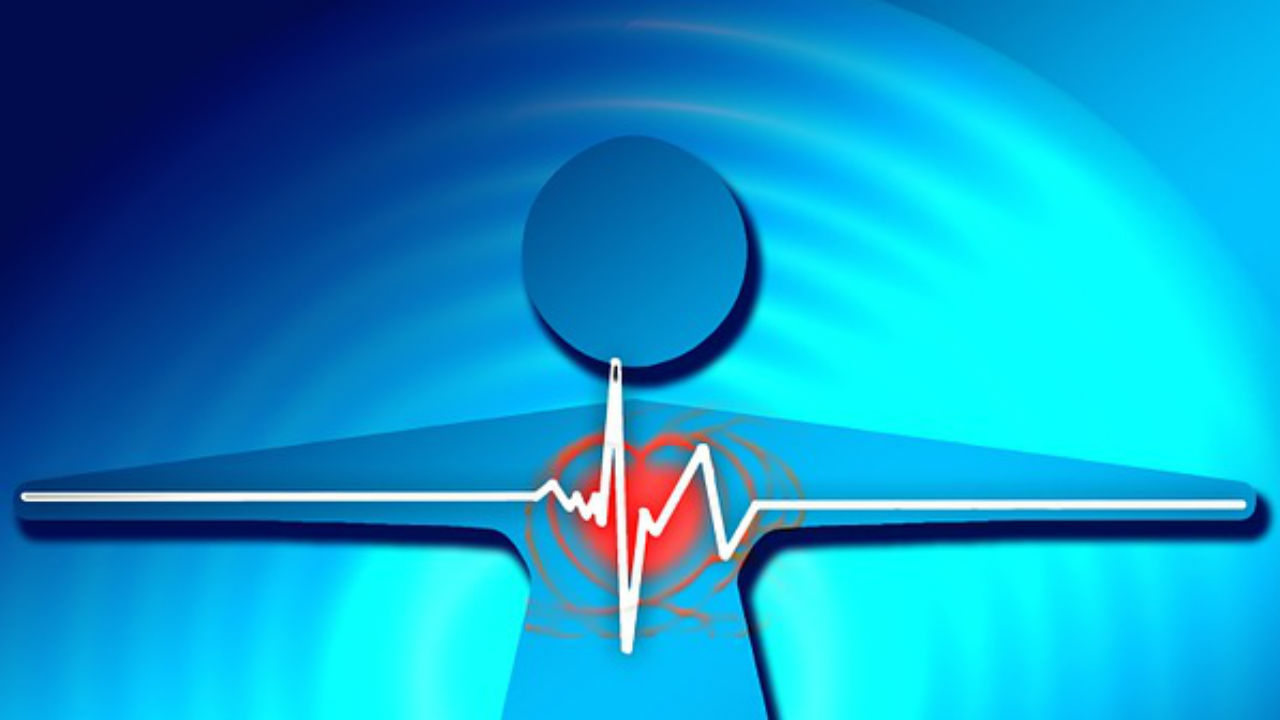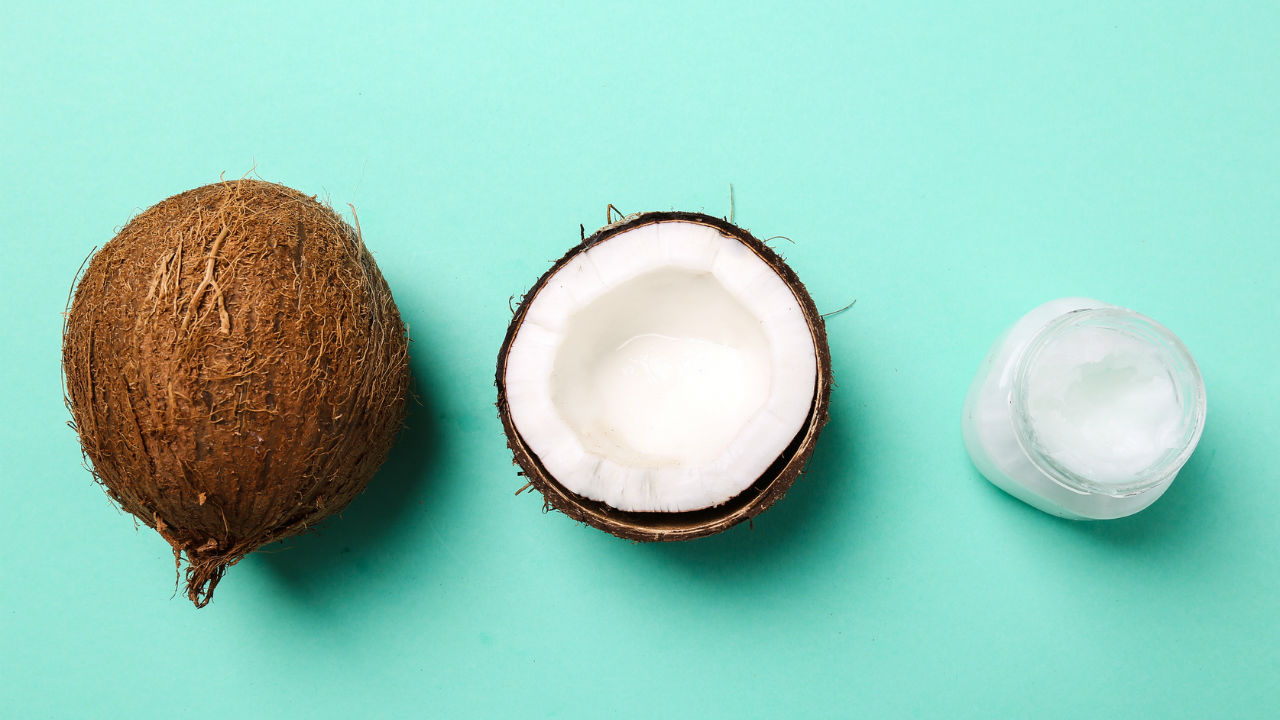Hypertension is chronic illness requiring life-long medical therapy. The majority of people who have hypertension measure the blood pressure during the daytime. Of course, these people have no idea what the blood pressure is at night.
Now there is a study showing that elevated blood pressure at bedtime is a risk factor for heart disease and stroke (1). The latest study reported in the September 6 issue of the Journal of the American College of Cardiology reveals that for every 5 mm reduction in sleep time systolic blood pressure, there is a 17 percent reduction in cardiovascular risk.
Dr Ramon Hermida PhD, from the University of Vigo in Spain, who is one of the co-authors mentions that the blood pressure at sleep time may be the most significant prognostic marker for heart disease. He adds that that their study conclusively shows that a progressive decrease in sleep time blood pressure significantly decreases risk of heart disease. They looked at several classes of anti hypertensive drugs and observed the same affect.
In this study from Spain, patients who had at least a 10 percent lowering in sleep time systolic blood pressure were classified as dippers. The non-dippers were defined as patients with a relative decline in sleep time systolic blood pressure that was less than 10 percent.
Previous studies have shown that people whose blood pressure declined at night had a significantly less risk of heart disease compared to people whose blood pressure remained elevated.
So what does all this mean to the consumer?
Dr Allan Gradman of Temple University says these studies are astonishing and will have a significant impact on clinical practice. At least for some people bedtime consumption of anti-hypertensive drugs will help reduce their risk of heart attacks and stroke (2).
This novel method of treating blood pressure with zero cost strategy of providing existing anti hypertensive medications at bedtime rather than in the morning is nothing short of groundbreaking. It may very well become the standard of care for treatment of hypertension.
Unfortunately, in my opinion, taking a water pill at bedtime is not all that fun and compliance may not last long.
Sources:
1. Hermida RC, et al "Decreasing sleep-time blood pressure determined by ambulatory monitoring reduces cardiovascular risk" J Am Coll Cardiol 2011; 58: 1165-1173.
Abstract: http://content.onlinejacc.org/cgi/content/abstract/58/11/1165
2. Gradman AH "Sleep-time blood pressure: A validated therapeutic target" J Am Coll Cardiol 2011; 58: 1176-1175.
Abstract: http://content.onlinejacc.org/cgi/content/citation/58/11/1174
Reviewed August 31, 2011
by Michele Blacksberg R.N.
Edited by Jody Smith






Add a CommentComments
There are no comments yet. Be the first one and get the conversation started!